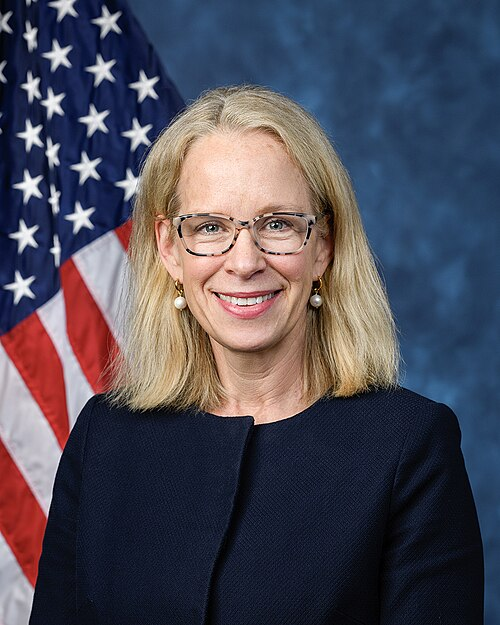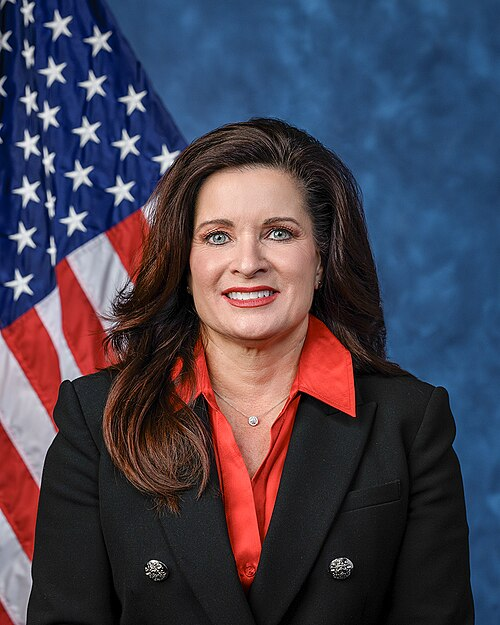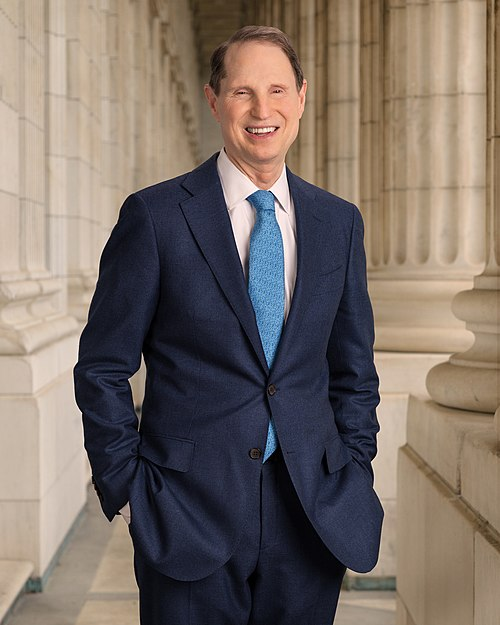H.R. 5267: American Franchise Act
The American Franchise Act aims to clarify the legal relationship between franchisors and franchisees, particularly concerning employment practices. It recognizes the franchise model as a structured business relationship where franchisees operate as independent businesses using the franchisor's operational system and brand. The bill outlines several significant points:
Findings
- Franchises allow independent business owners (franchisees) to sell goods and services under the franchisor’s brand and system.
- Franchisors maintain certain quality and operational standards to ensure brand consistency, which helps meet consumer expectations and increases business value.
- Franchisees independently manage their operations and labor relations.
- The franchise model has a substantial economic impact, generating around $825 billion in output and employing approximately 8.4 million workers in the U.S. as of 2022.
- Uncertainty over "joint employer" status has created challenges for franchising, leading to potential liabilities for franchisors based on their brand management activities.
Definitions and Clarifications
The bill introduces definitions related to the concept of "joint employment" in franchising. It specifies:
- Joint Employer: A franchisor will be considered a joint employer only if it possesses and exercises substantial direct and immediate control over one or more essential terms and conditions of employment at the franchisee's location.
- Direct and Immediate Control: This term refers to the franchisor's authority to determine various employment aspects, such as wages, benefits, work hours, hiring practices, discipline, and supervision of franchisee employees.
Joint Employment Standards
For the purpose of assessing joint employer status, the franchisor must show significant control over essential employment terms, which include:
- Wages
- Benefits
- Hours of Work
- Hiring
- Discipline and Discharge
- Supervision
- Direction
Amendments to Existing Labor Laws
The Act amends the National Labor Relations Act and the Fair Labor Standards Act to include these clarifications regarding joint employment specifically in the context of franchising.
Applicability
The provisions of this Act would not retroactively apply to legal proceedings that started before its enactment.
Relevant Companies
- MCD - McDonald's Corporation: As a major franchisor in the fast-food industry, this legislation could influence its legal liabilities regarding franchising operations and employment practices.
- DNKN - Dunkin' Brands: Similar to McDonald's, Dunkin' operates extensively through franchises, and the bill’s changes concerning joint employer liability may affect its operational standards and control over franchisees.
- PZZA - Papa John's International: As a franchisor, Papa John's may also face alterations in liability concerning how it manages its franchisees in terms of hiring and employment conditions.
This is an AI-generated summary of the bill text. There may be mistakes.
Sponsors
75 bill sponsors
-
TrackKevin Hern

Sponsor
-
TrackRobert B. Aderholt
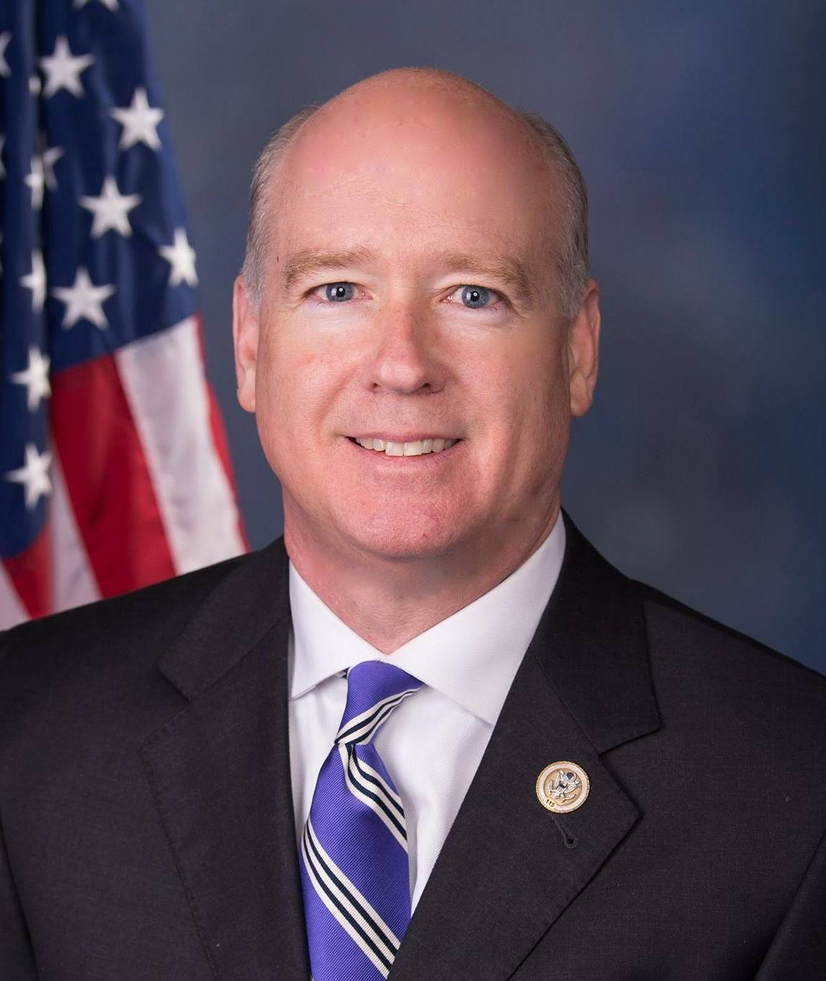
Co-Sponsor
-
TrackMark Alford
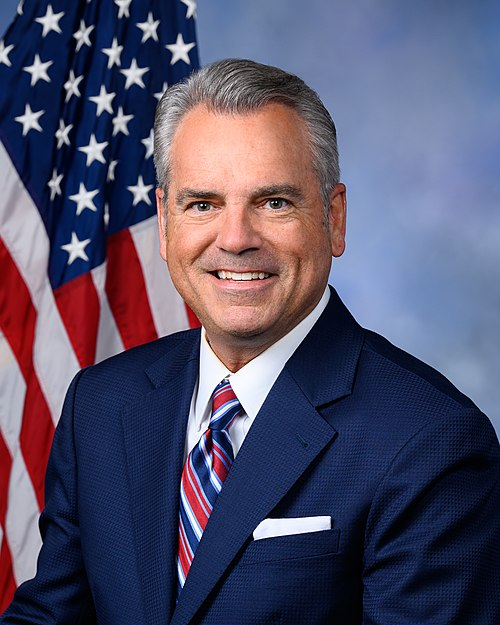
Co-Sponsor
-
TrackRick W. Allen
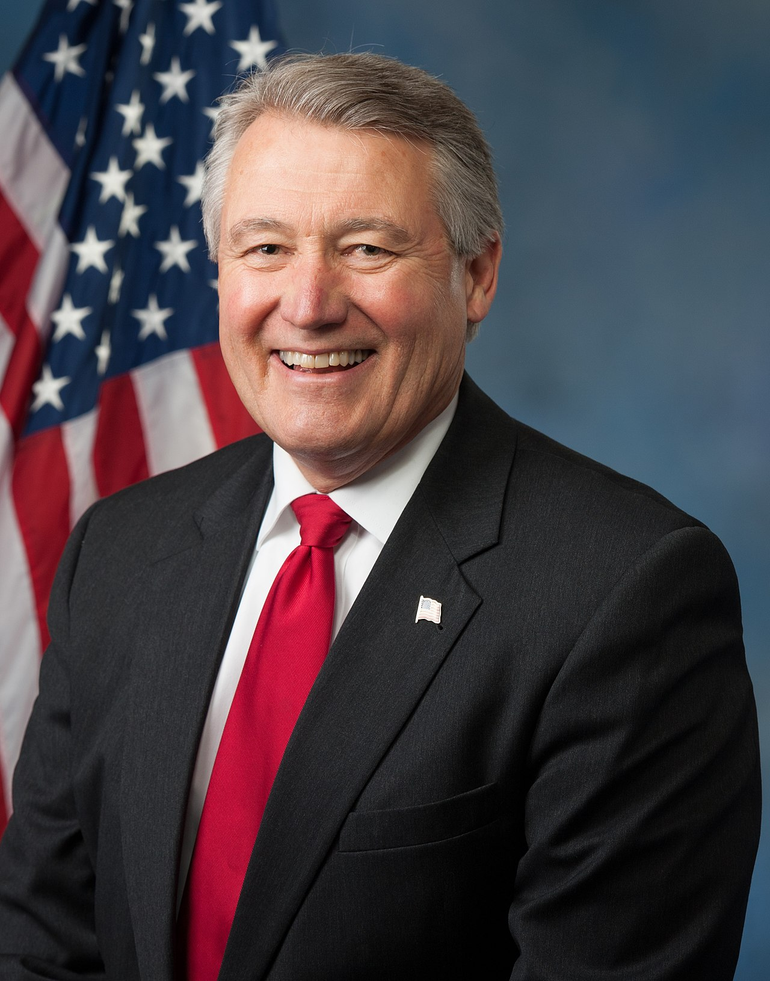
Co-Sponsor
-
TrackMark E. Amodei
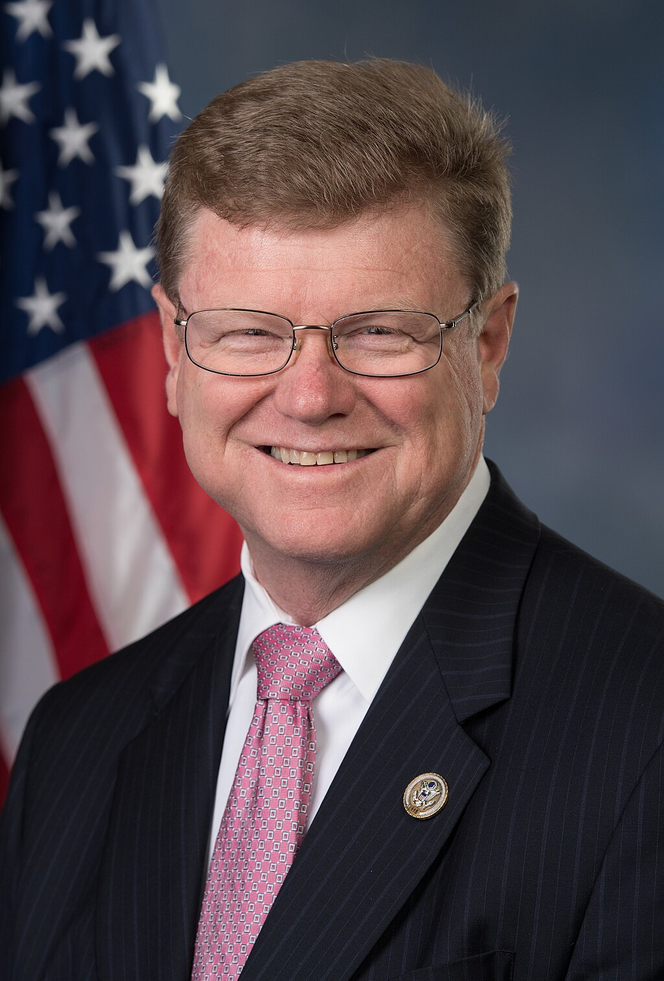
Co-Sponsor
-
TrackAndy Barr
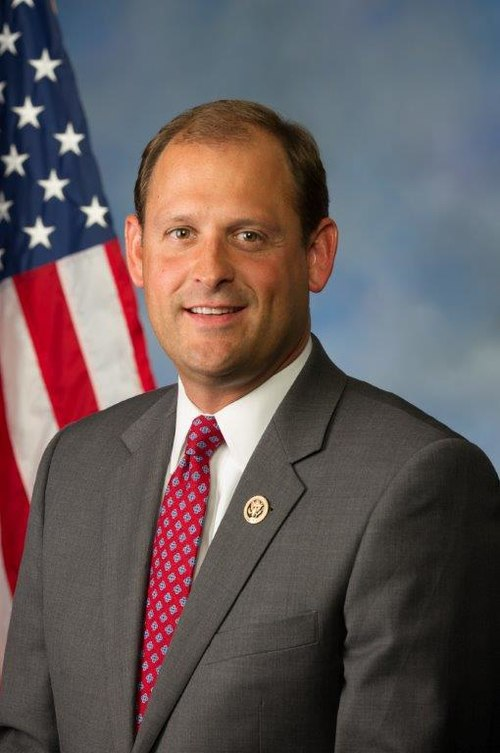
Co-Sponsor
-
TrackMichael Baumgartner
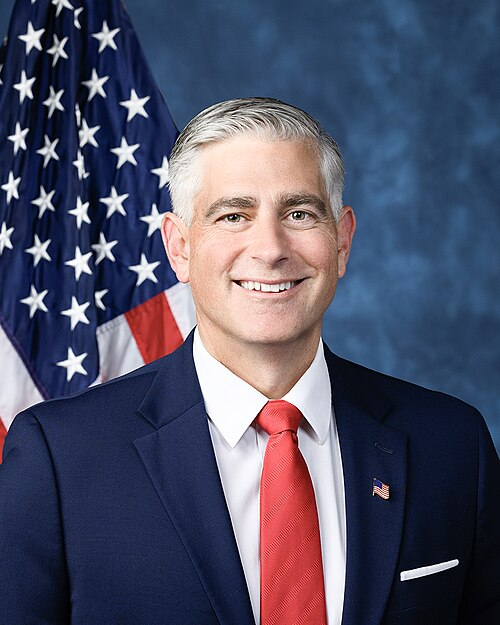
Co-Sponsor
-
TrackAaron Bean
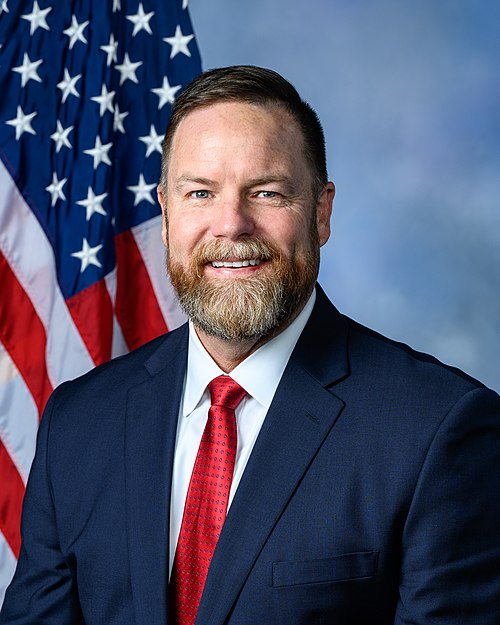
Co-Sponsor
-
TrackCliff Bentz
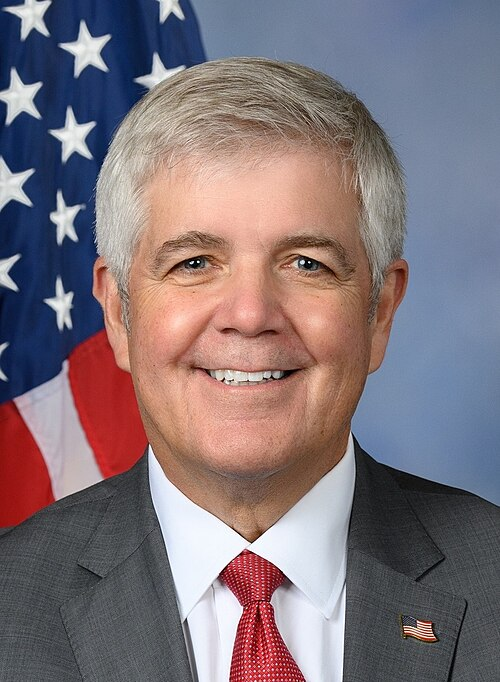
Co-Sponsor
-
TrackAmi Bera
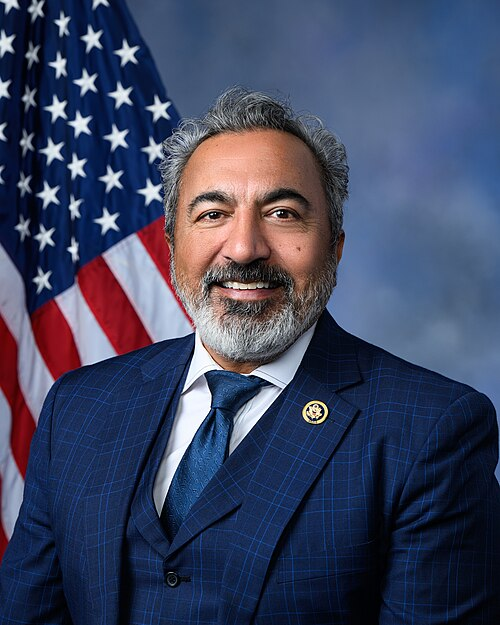
Co-Sponsor
-
TrackStephanie I. Bice
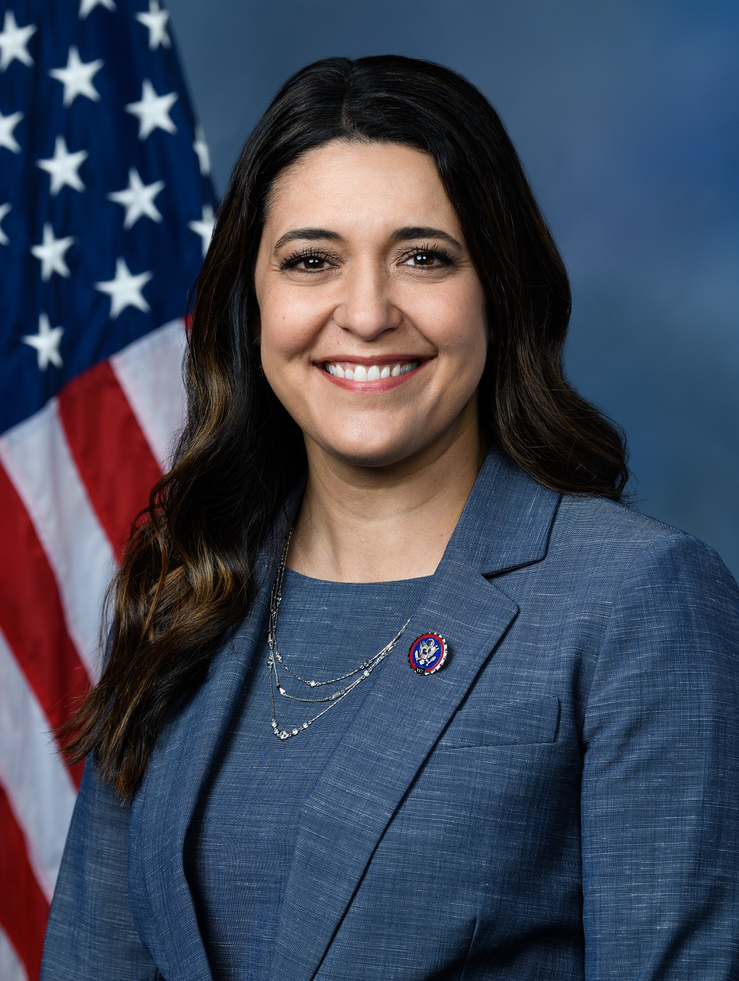
Co-Sponsor
-
TrackMike Carey

Co-Sponsor
-
TrackEarl L. "Buddy" Carter
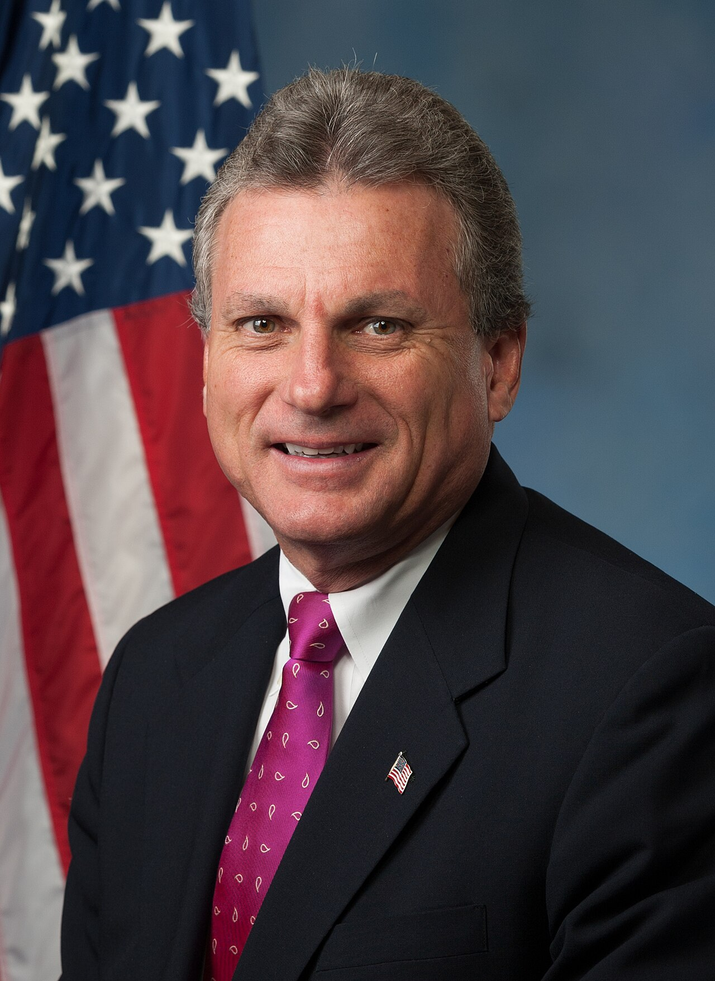
Co-Sponsor
-
TrackTroy A. Carter
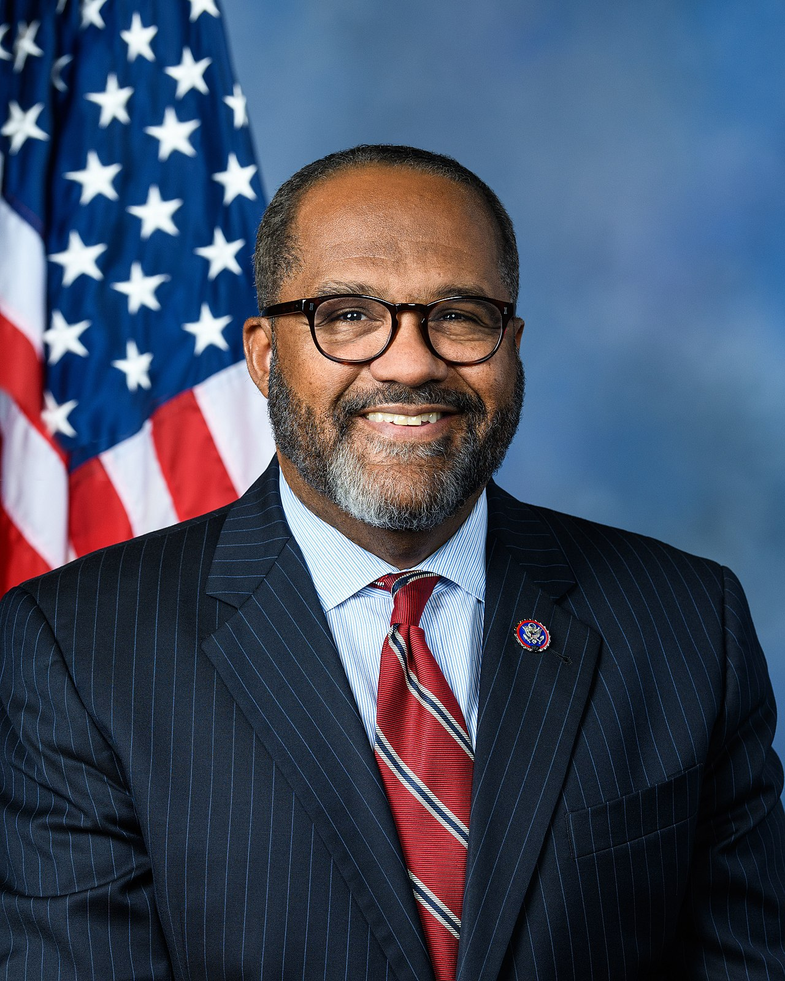
Co-Sponsor
-
TrackEd Case
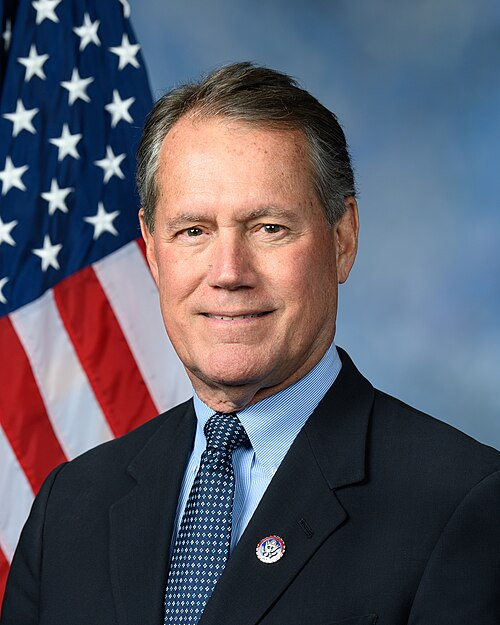
Co-Sponsor
-
TrackBen Cline
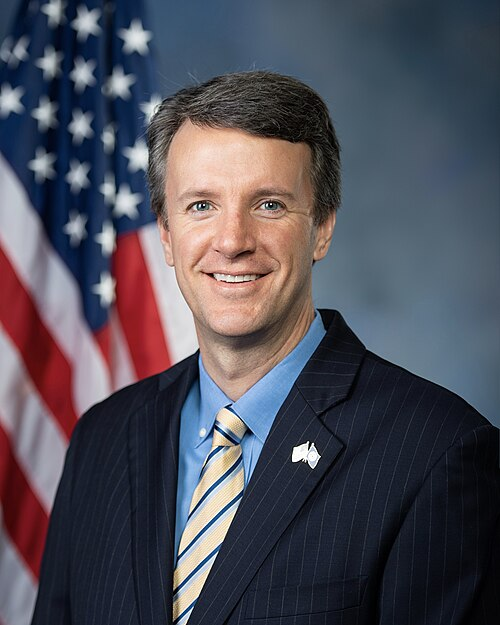
Co-Sponsor
-
TrackTom Cole
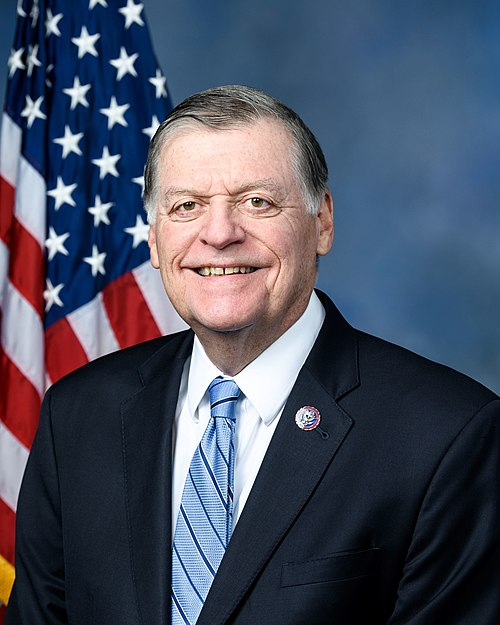
Co-Sponsor
-
TrackJim Costa
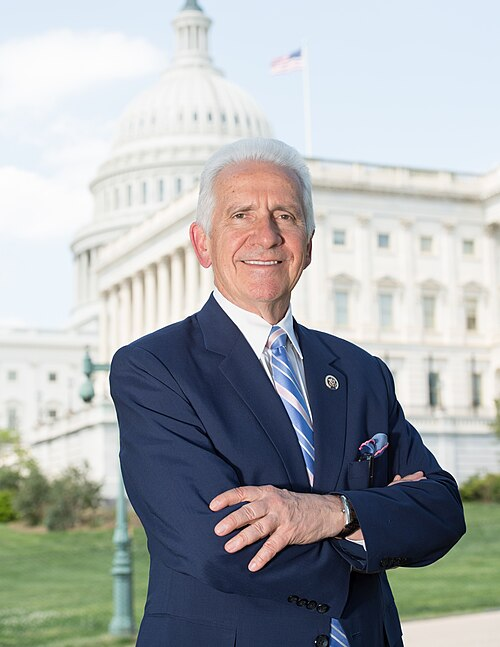
Co-Sponsor
-
TrackHenry Cuellar
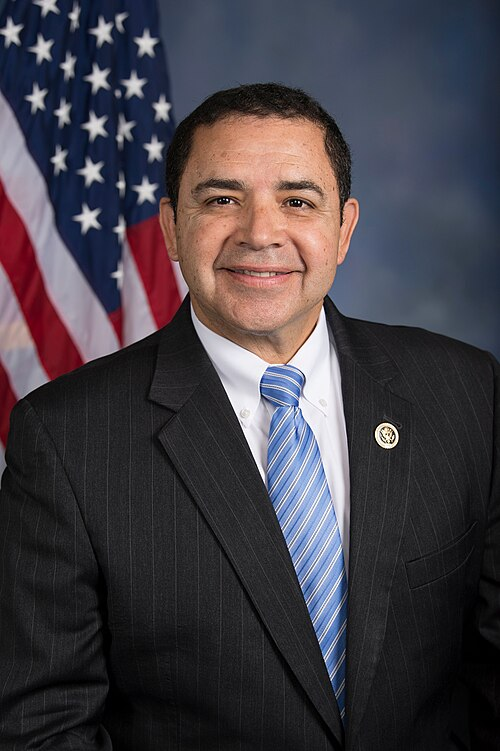
Co-Sponsor
-
TrackDonald G. Davis
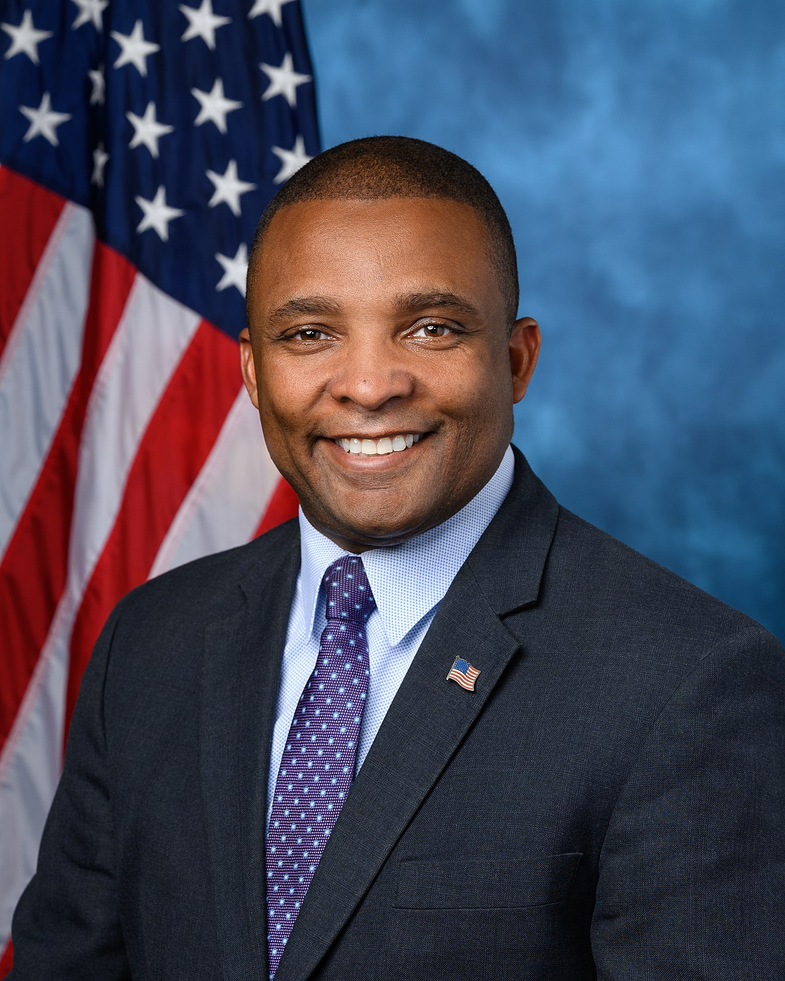
Co-Sponsor
-
TrackNeal P. Dunn
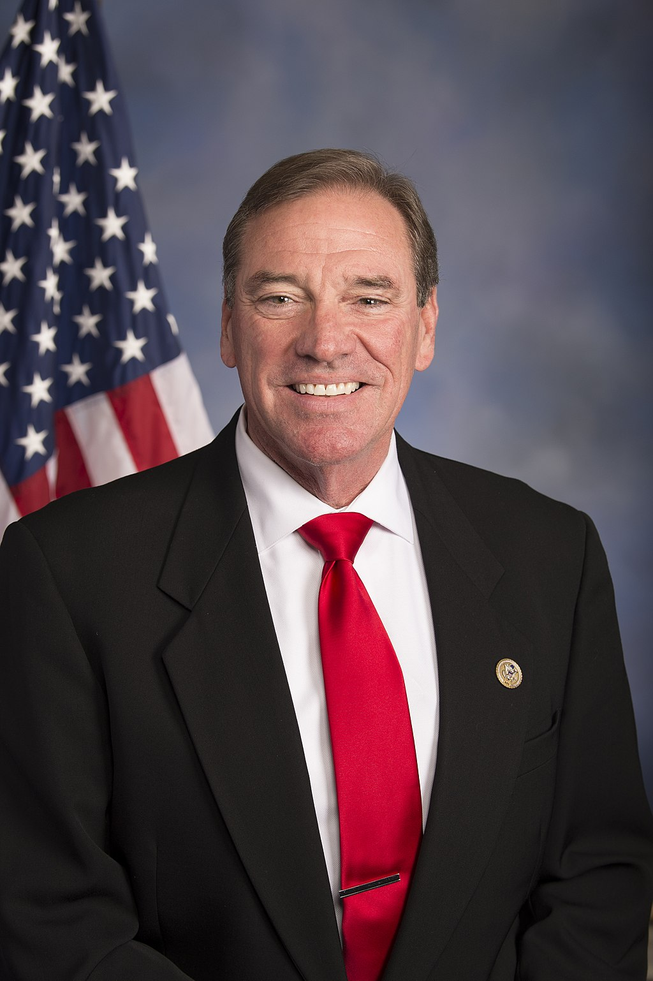
Co-Sponsor
-
TrackChuck Edwards
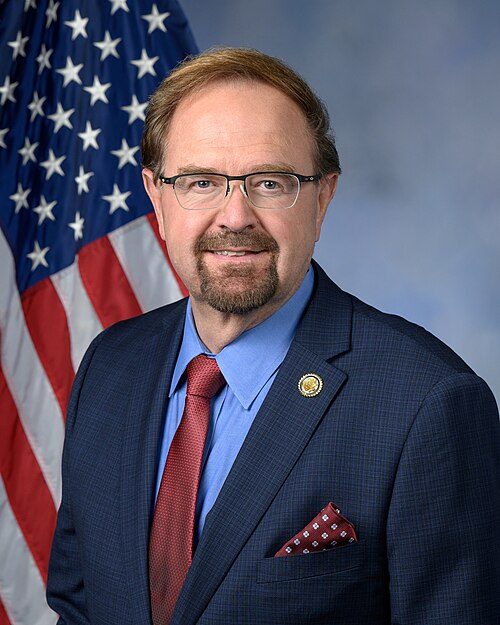
Co-Sponsor
-
TrackPat Fallon
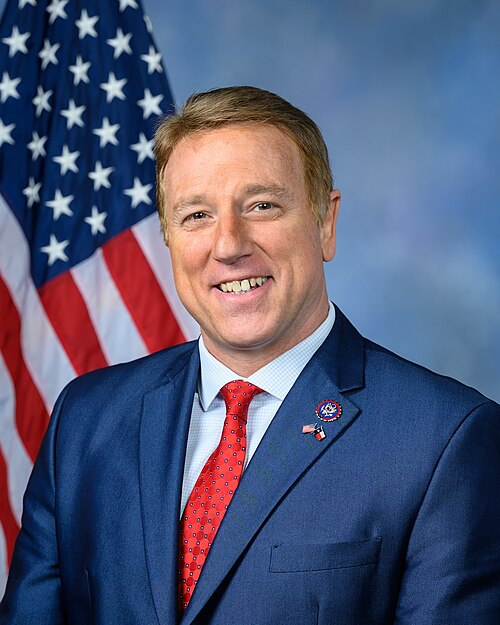
Co-Sponsor
-
TrackJulie Fedorchak

Co-Sponsor
-
TrackRandy Feenstra
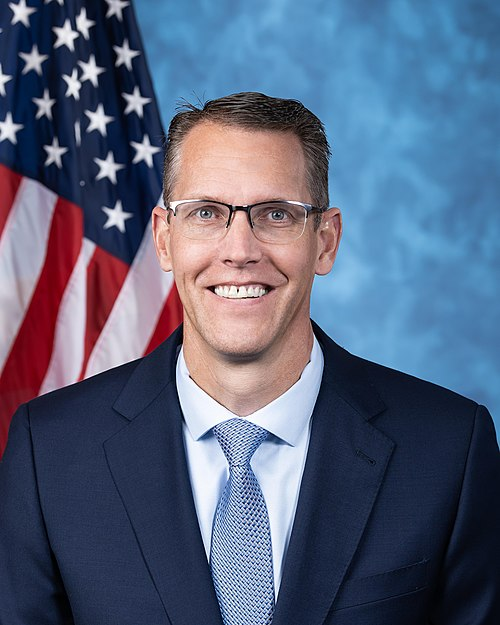
Co-Sponsor
-
TrackRandy Fine

Co-Sponsor
-
TrackBrad Finstad
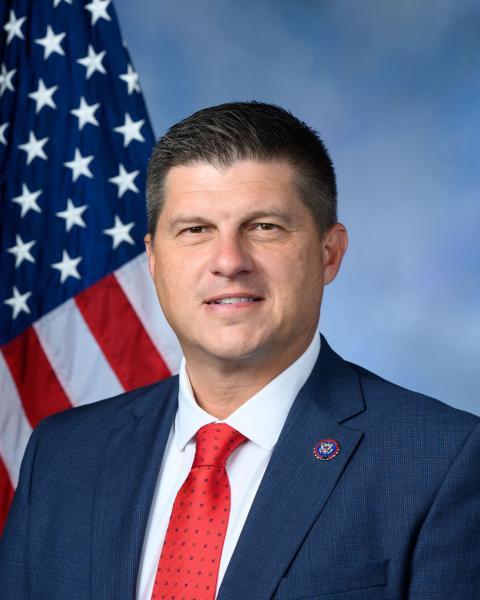
Co-Sponsor
-
TrackScott Fitzgerald
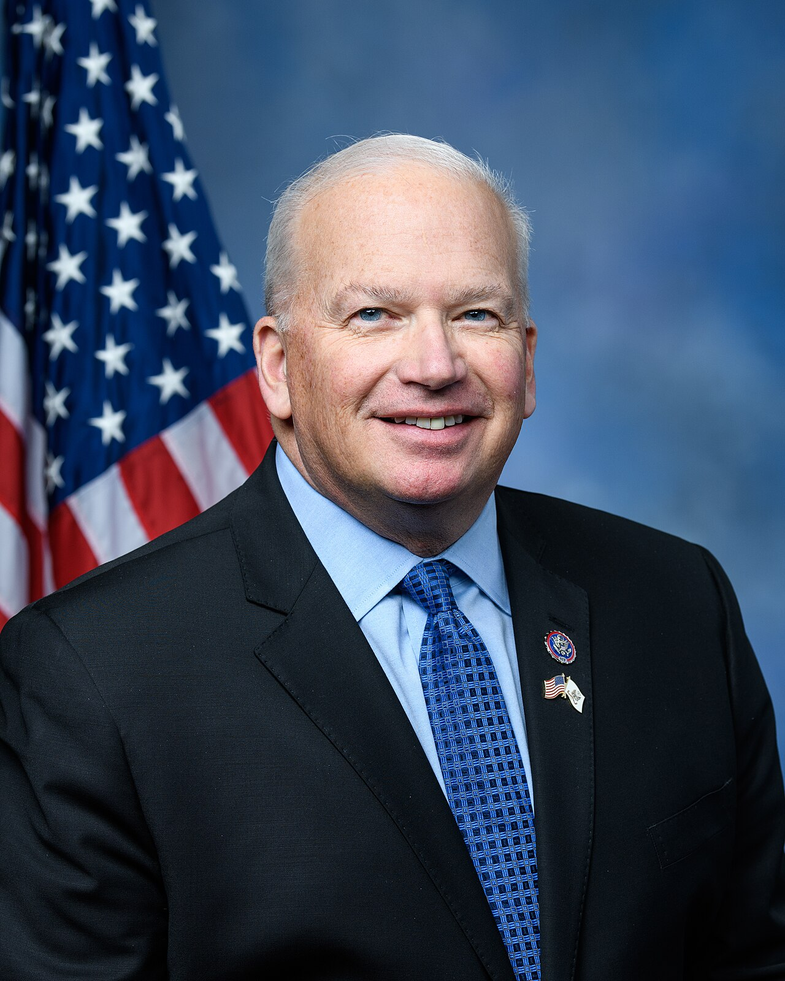
Co-Sponsor
-
TrackCharles J. "Chuck" Fleischmann
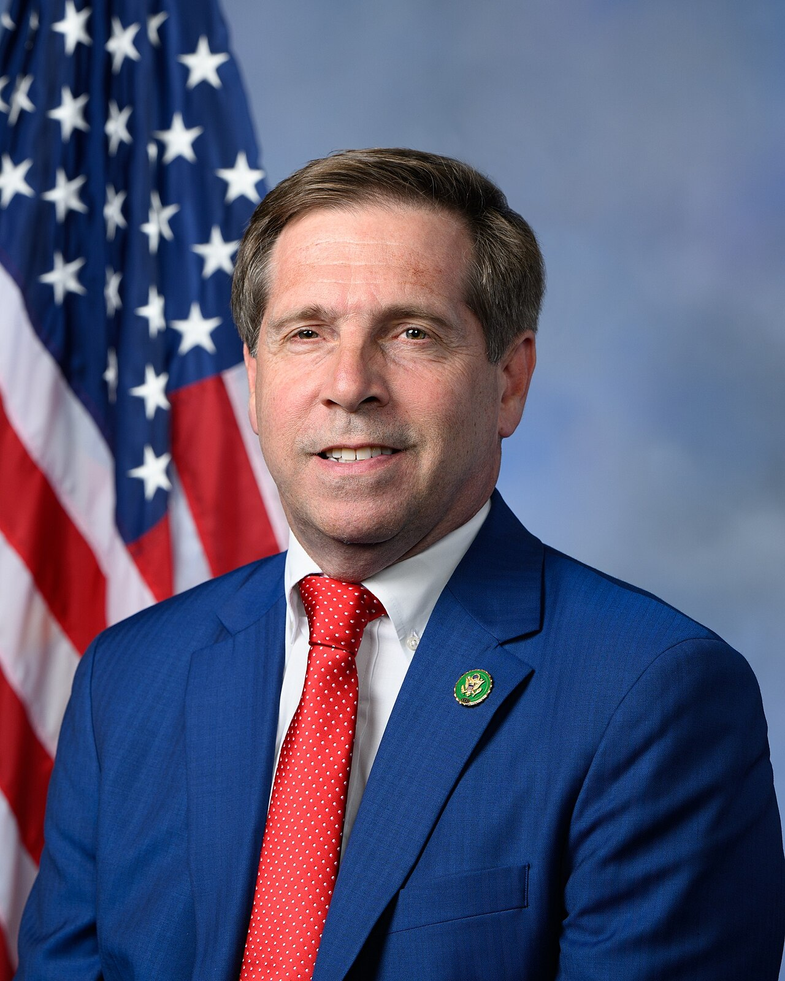
Co-Sponsor
-
TrackVince Fong
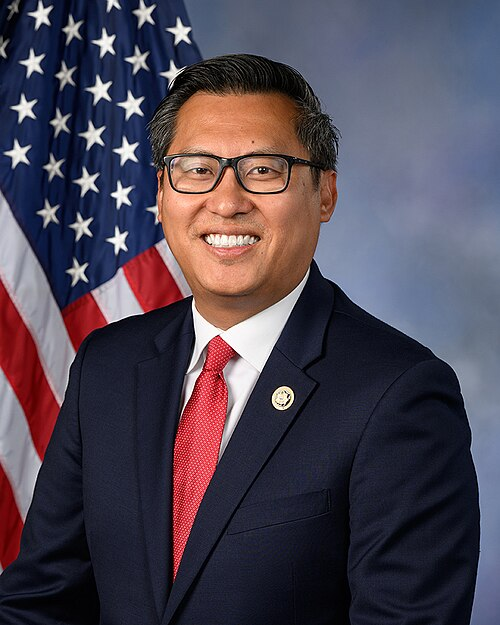
Co-Sponsor
-
TrackVirginia Foxx
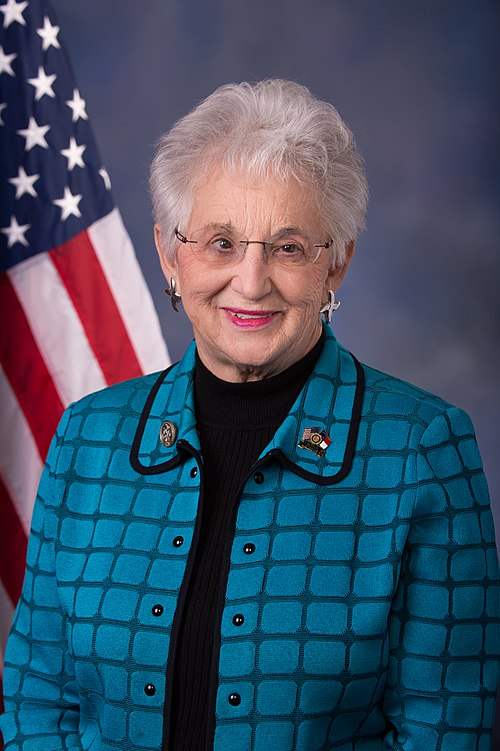
Co-Sponsor
-
TrackVicente Gonzalez
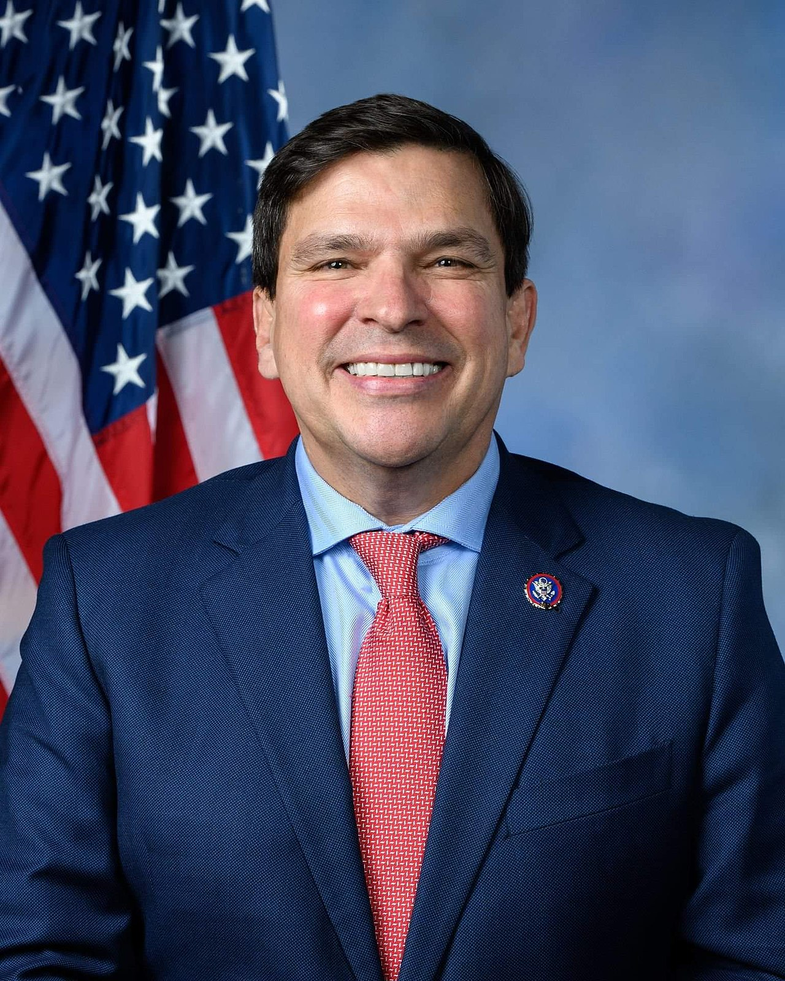
Co-Sponsor
-
TrackJosh Gottheimer

Co-Sponsor
-
TrackAdam Gray
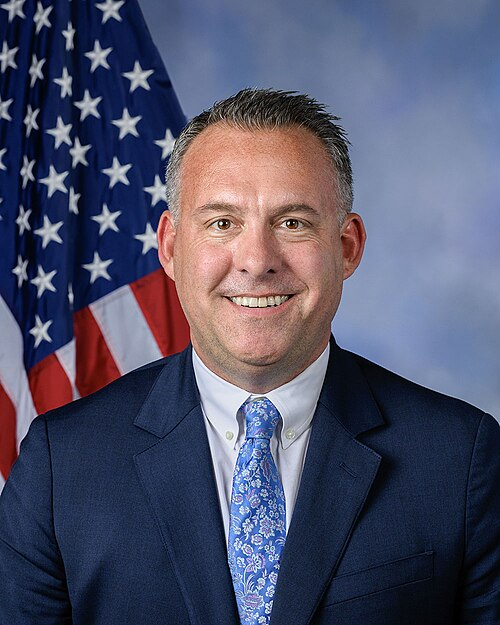
Co-Sponsor
-
TrackGlenn Grothman
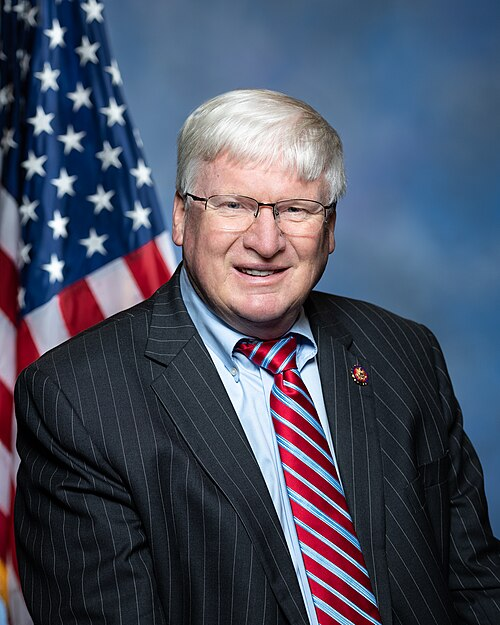
Co-Sponsor
-
TrackJosh Harder
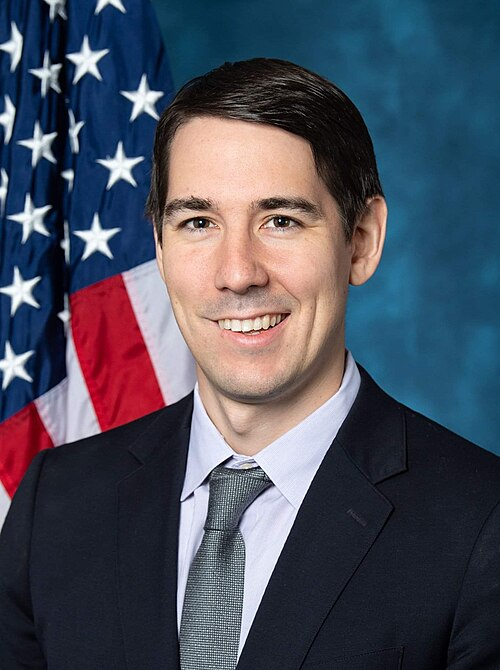
Co-Sponsor
-
TrackPat Harrigan
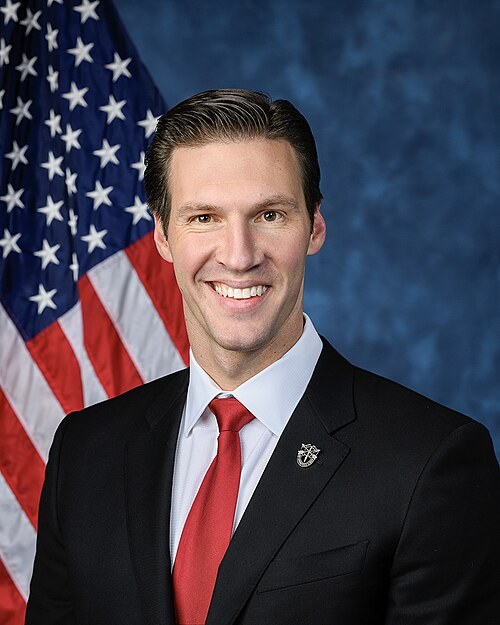
Co-Sponsor
-
TrackAshley Hinson
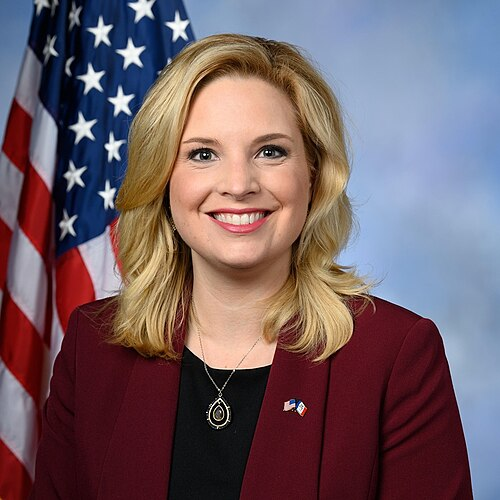
Co-Sponsor
-
TrackBrian Jack
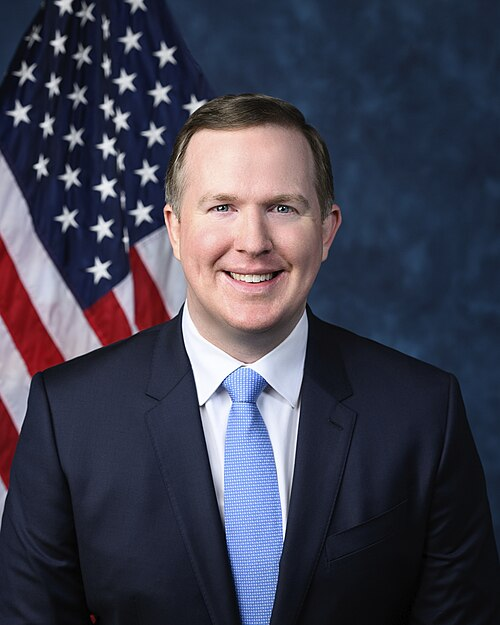
Co-Sponsor
-
TrackThomas H. Kean, Jr.
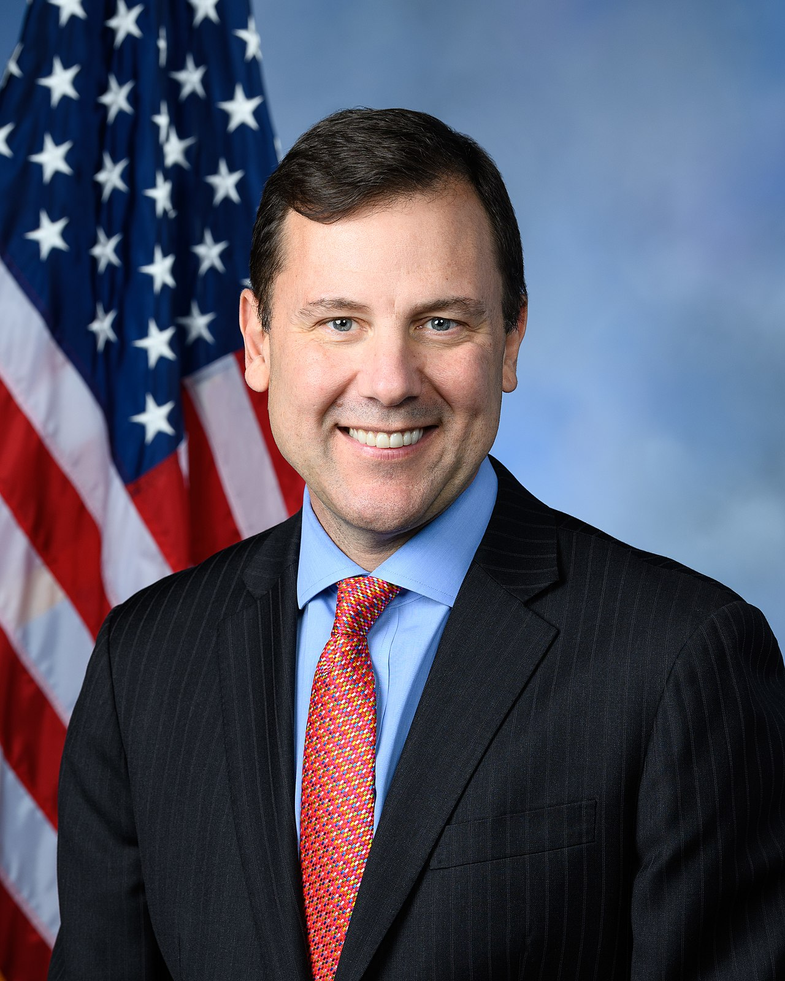
Co-Sponsor
-
TrackMike Kelly
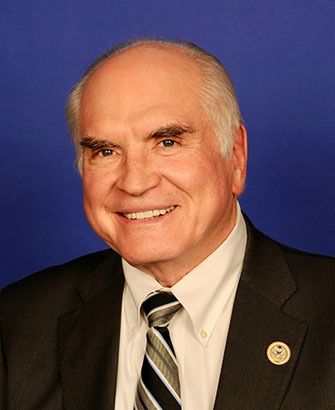
Co-Sponsor
-
TrackKevin Kiley
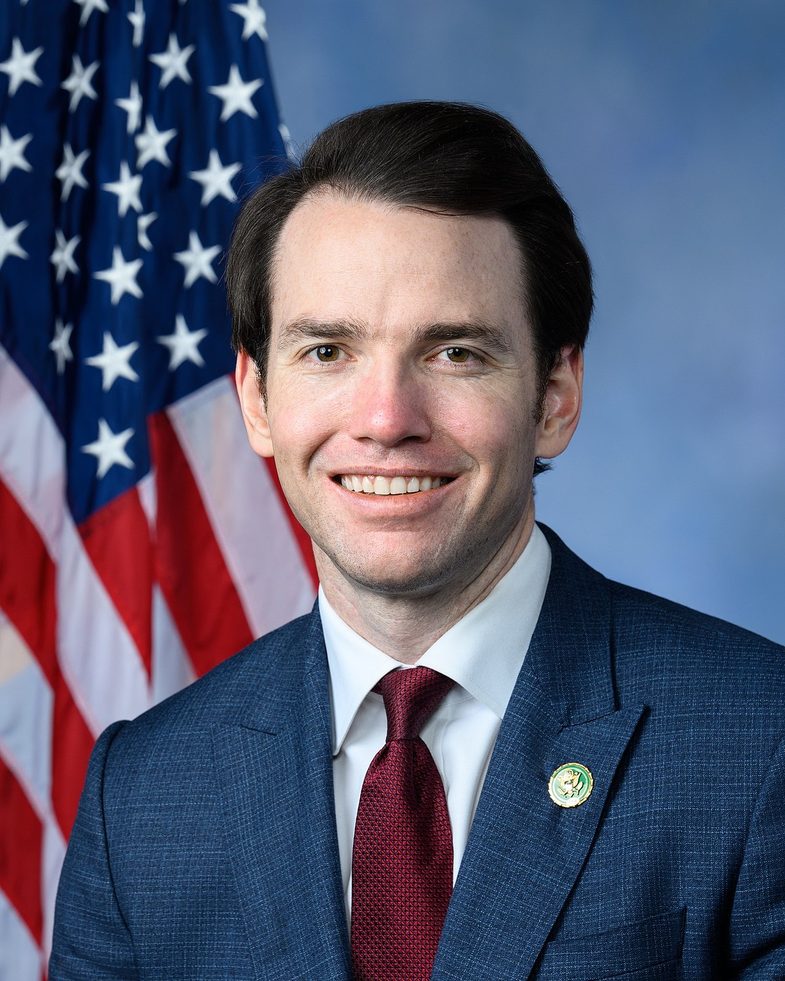
Co-Sponsor
-
TrackKimberlyn King-Hinds
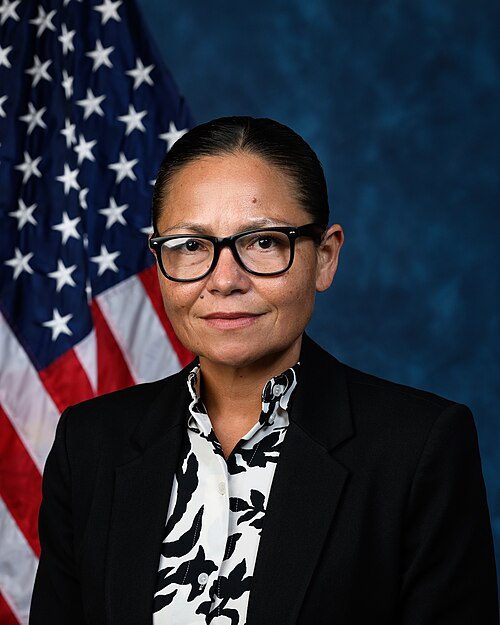
Co-Sponsor
-
TrackDavid Kustoff
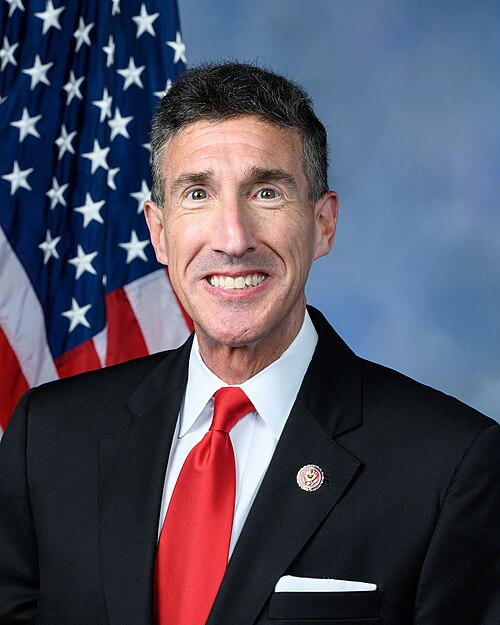
Co-Sponsor
-
TrackRyan Mackenzie
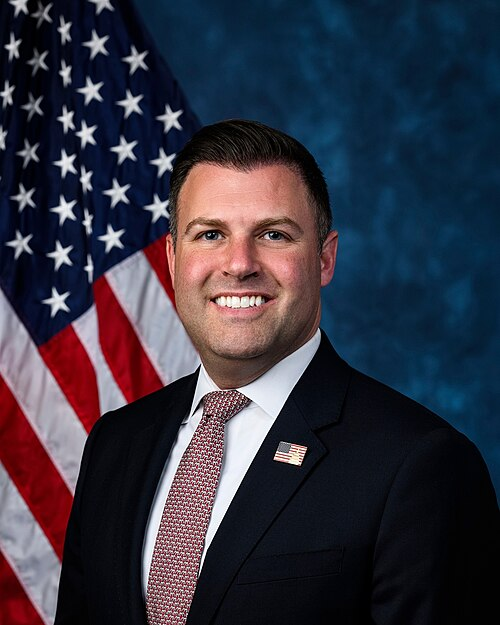
Co-Sponsor
-
TrackRichard McCormick
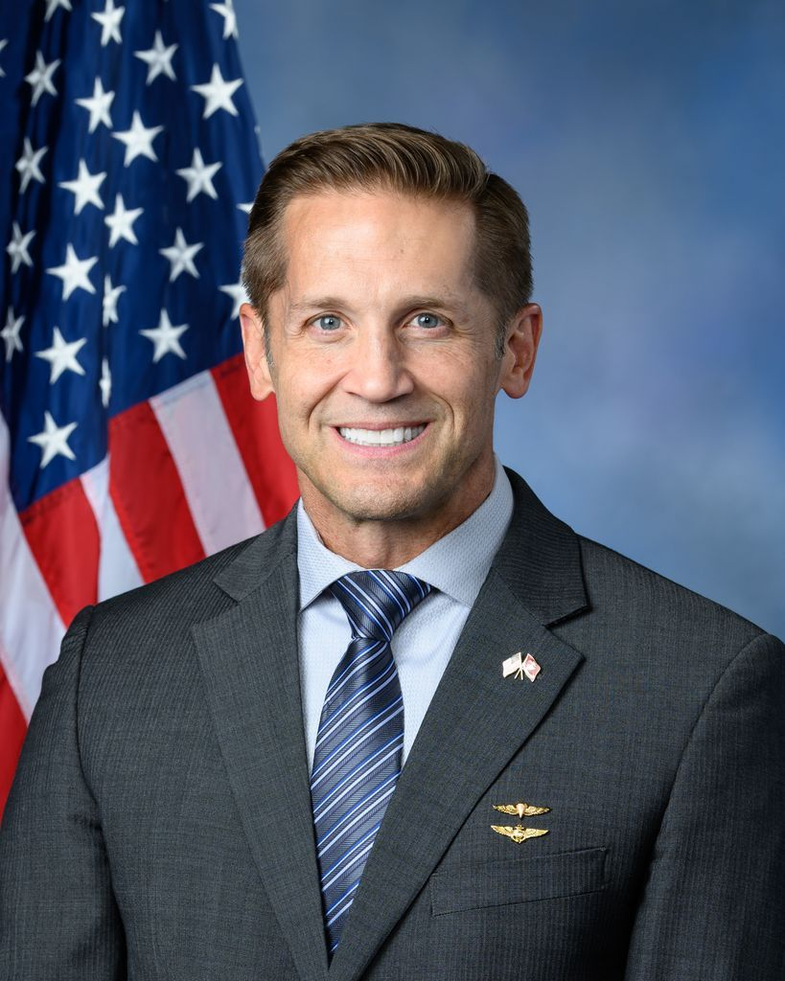
Co-Sponsor
-
TrackJohn McGuire
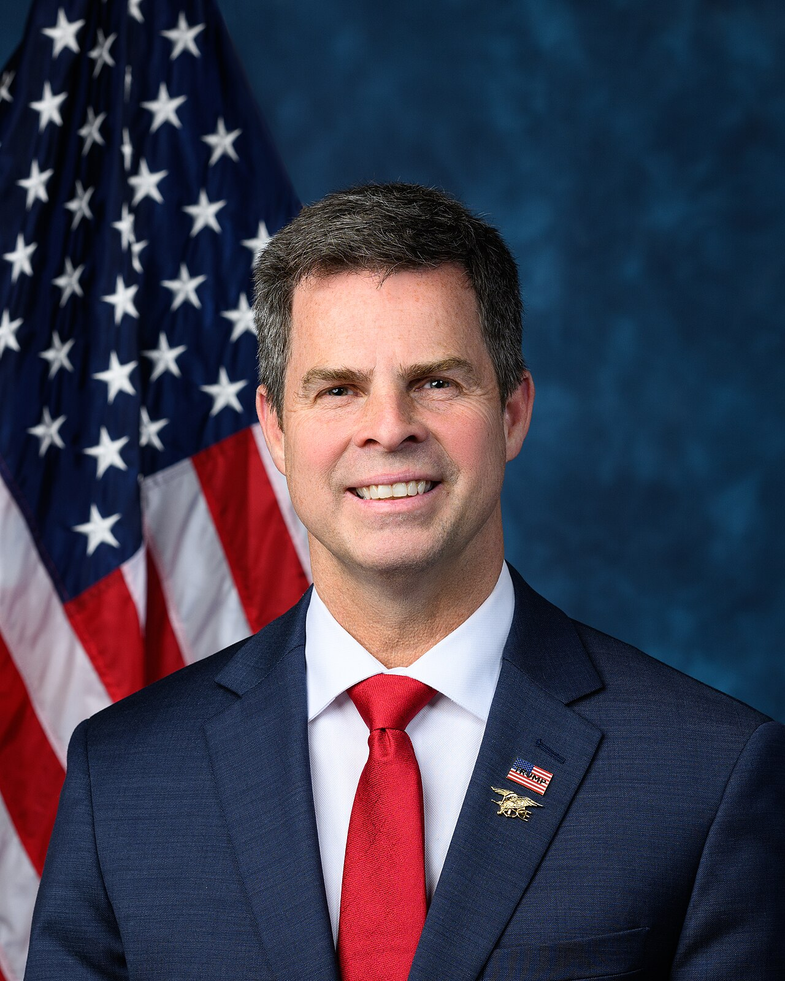
Co-Sponsor
-
TrackDaniel Meuser
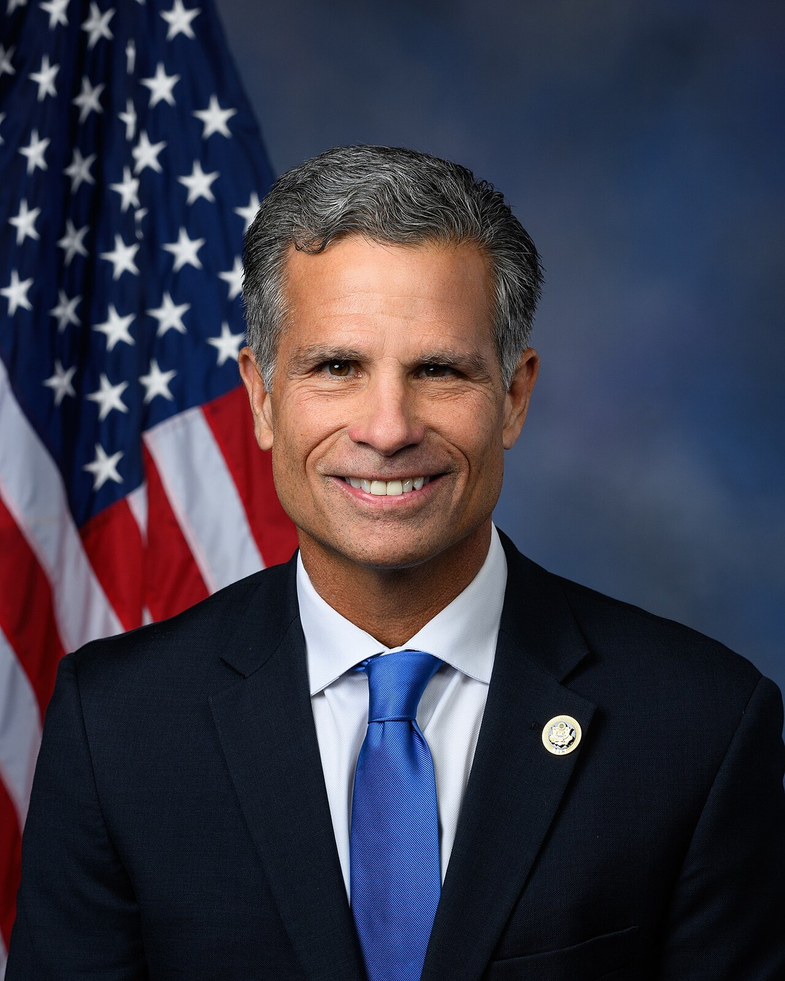
Co-Sponsor
-
TrackMary E. Miller
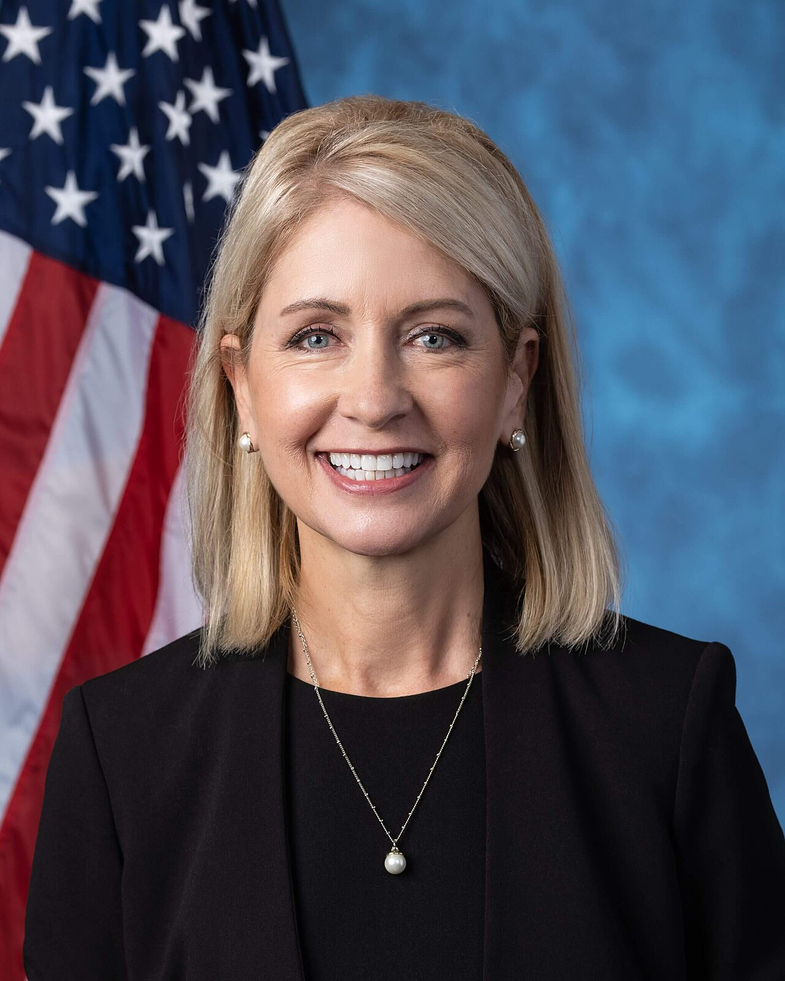
Co-Sponsor
-
TrackMax L. Miller
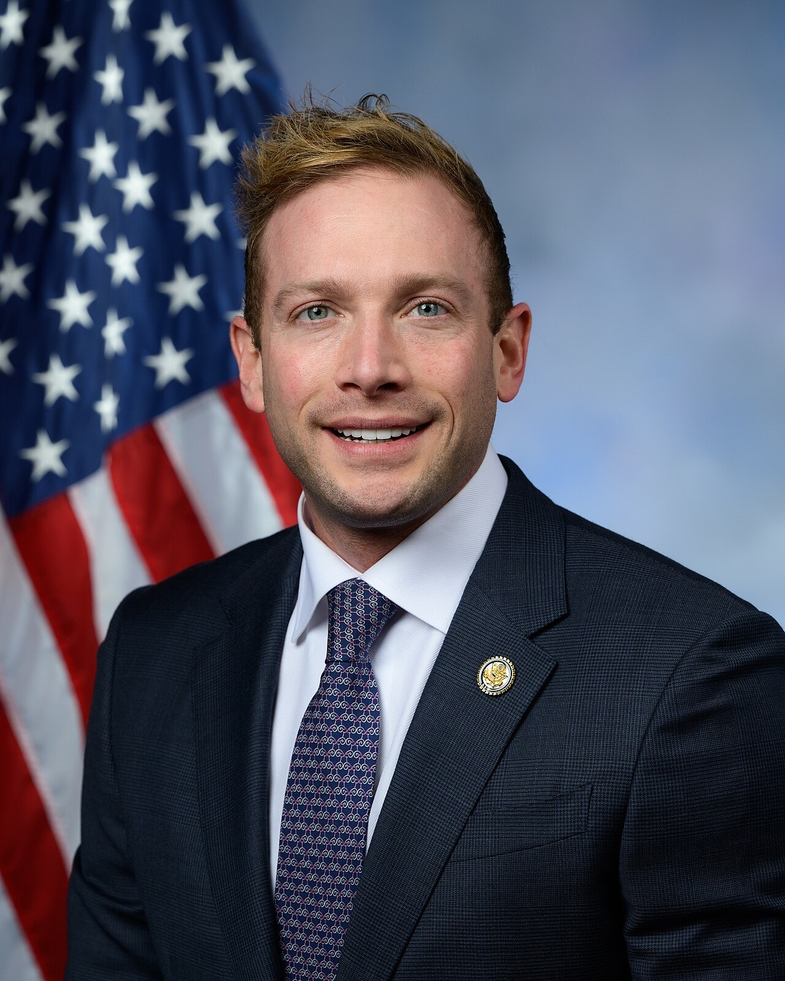
Co-Sponsor
-
TrackJohn R. Moolenaar

Co-Sponsor
-
TrackNathaniel Moran
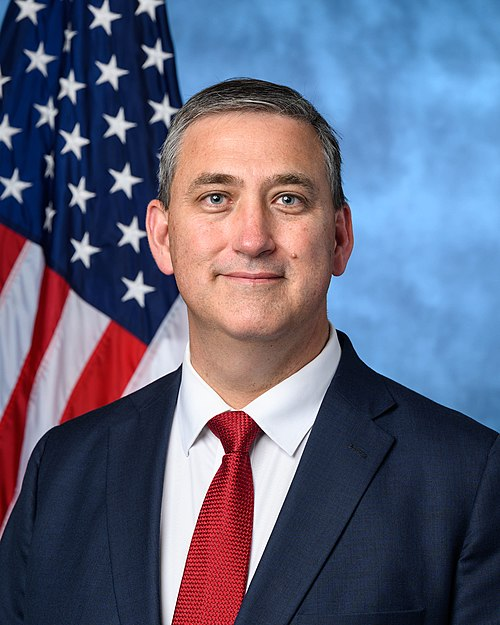
Co-Sponsor
-
TrackJohnny Olszewski
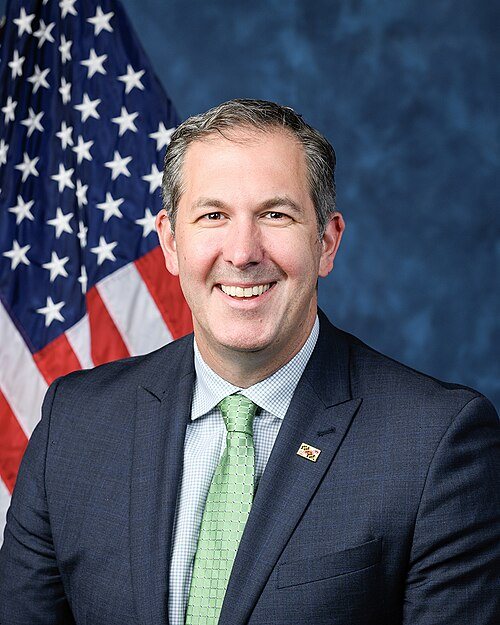
Co-Sponsor
-
TrackBurgess Owens
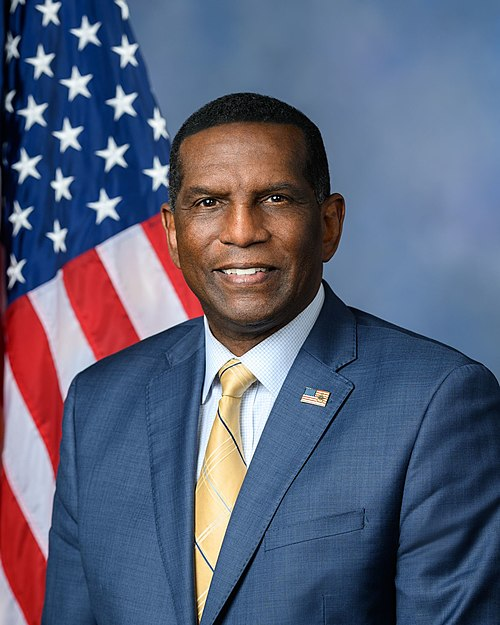
Co-Sponsor
-
TrackScott H. Peters
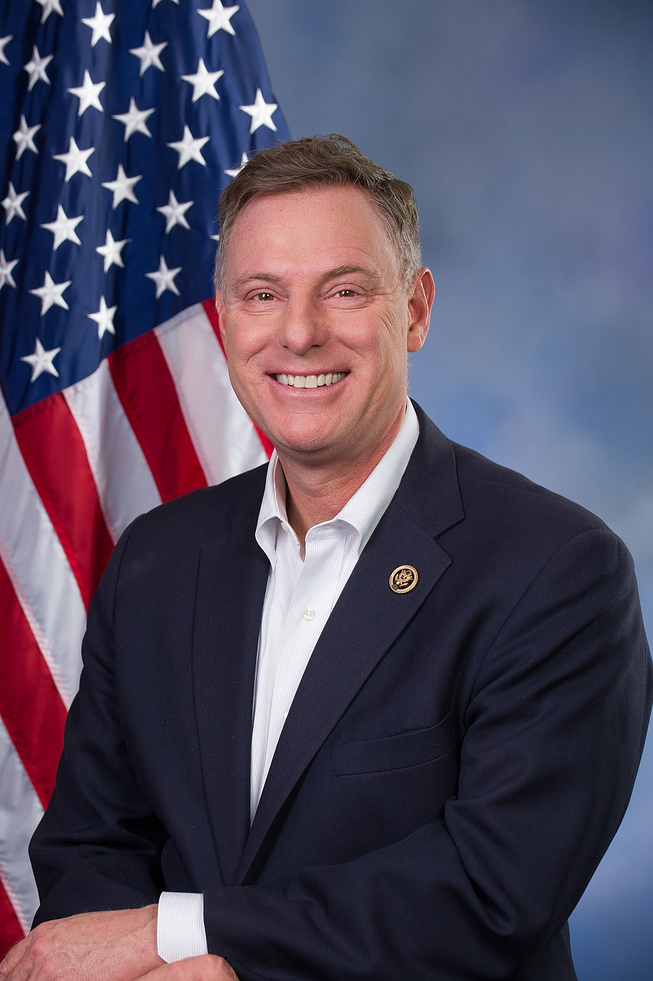
Co-Sponsor
-
TrackAugust Pfluger
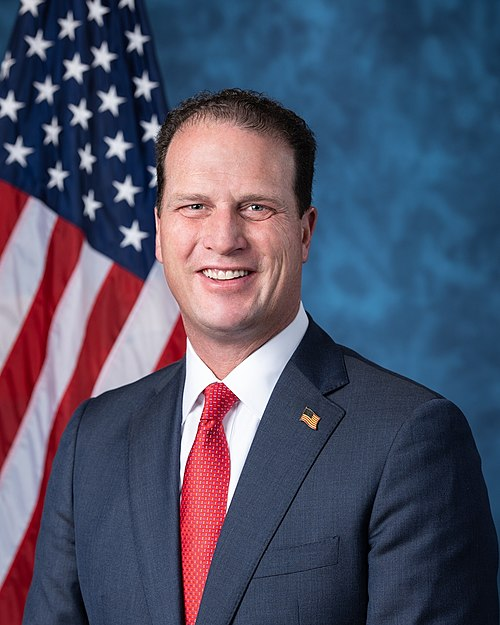
Co-Sponsor
-
TrackDavid Rouzer
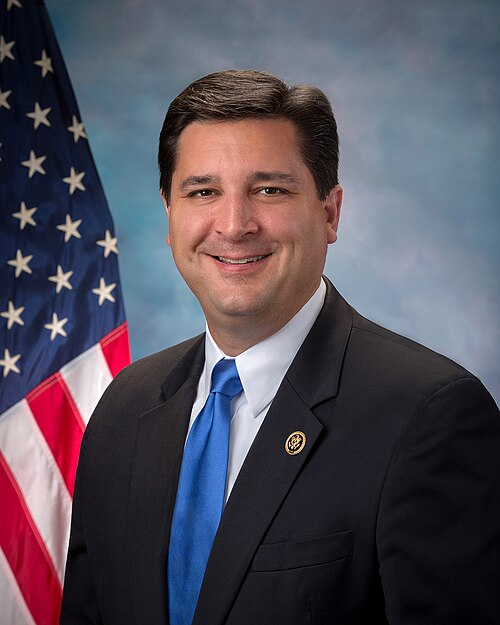
Co-Sponsor
-
TrackMichael A. Rulli
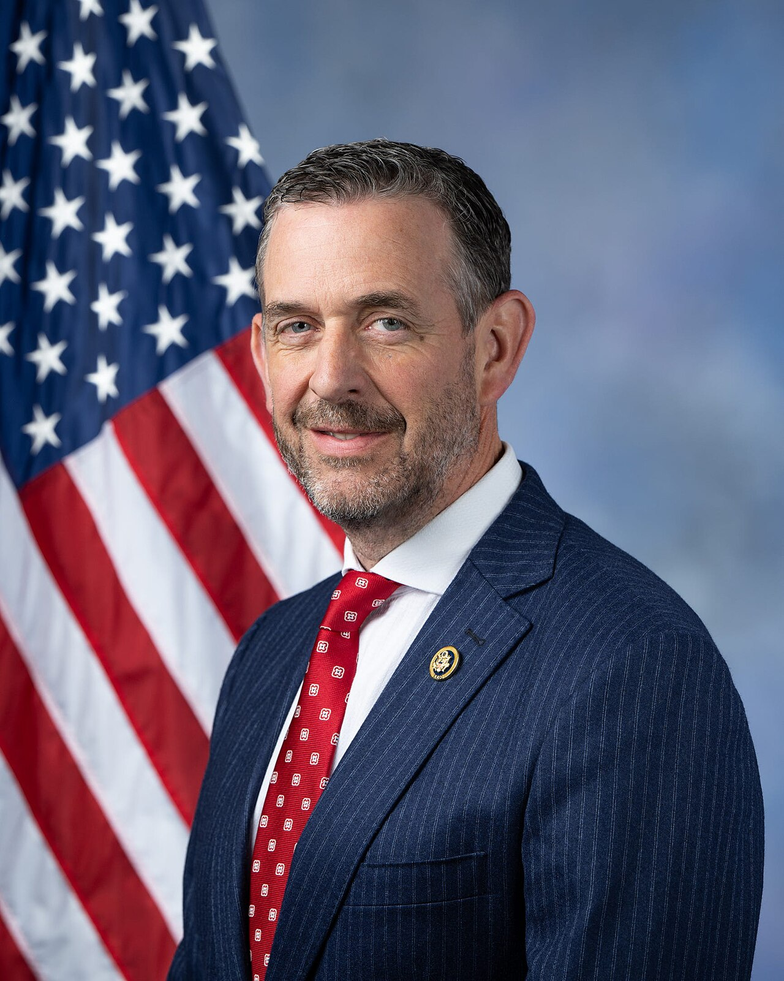
Co-Sponsor
-
TrackJohn H. Rutherford
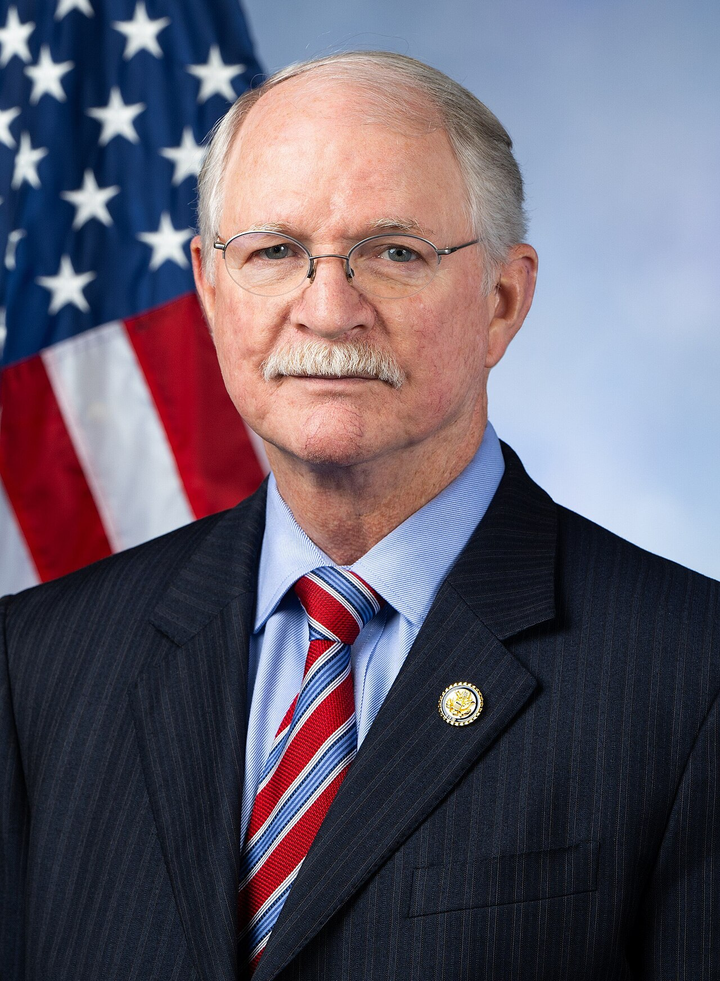
Co-Sponsor
-
TrackDerek Schmidt
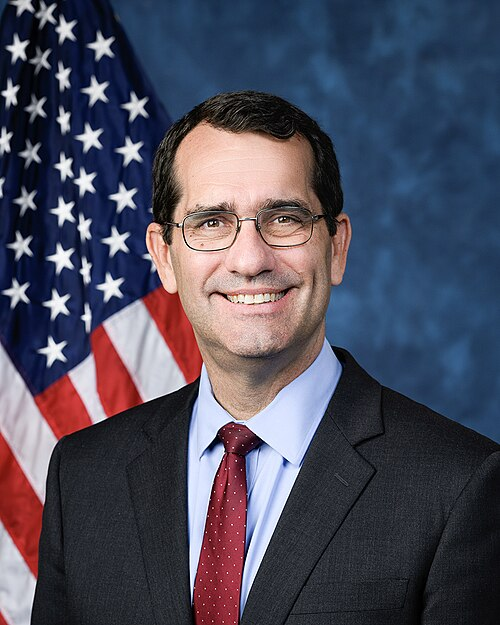
Co-Sponsor
-
TrackHillary J. Scholten

Co-Sponsor
-
TrackPete Sessions
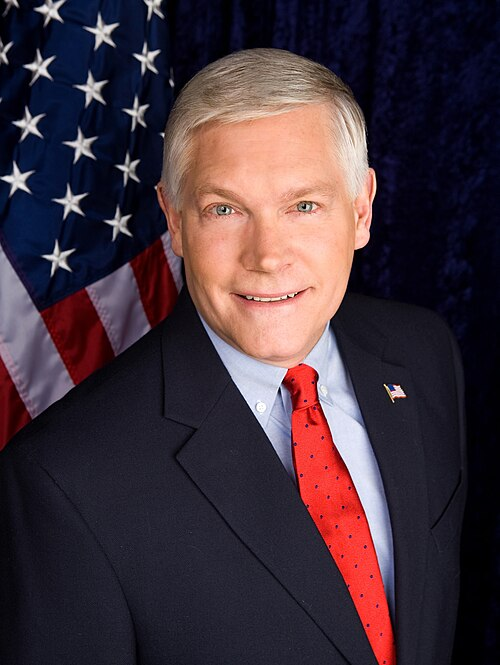
Co-Sponsor
-
TrackLloyd Smucker
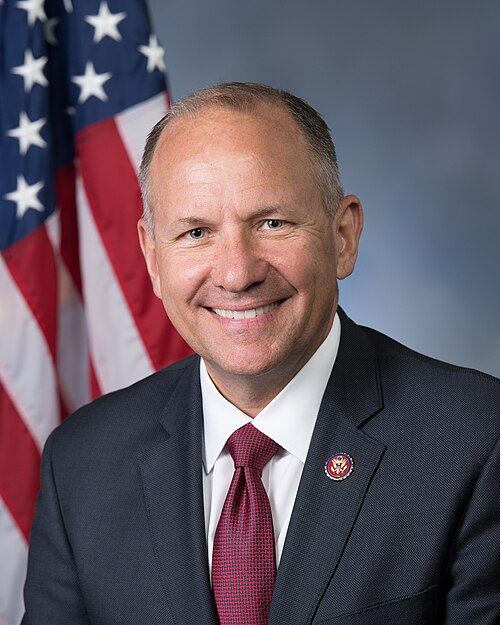
Co-Sponsor
-
TrackPete Stauber
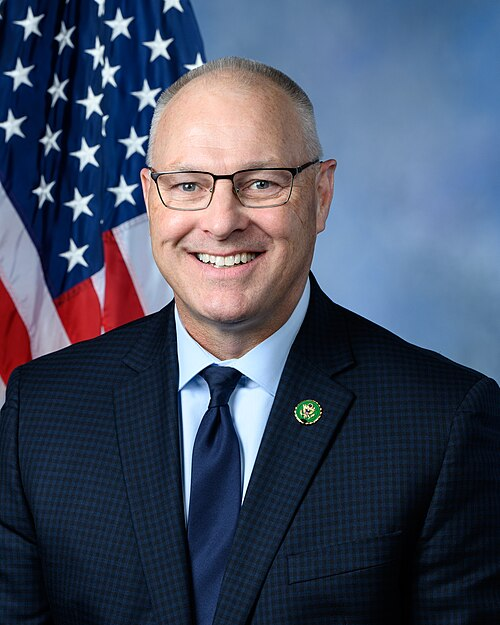
Co-Sponsor
-
TrackDale W. Strong
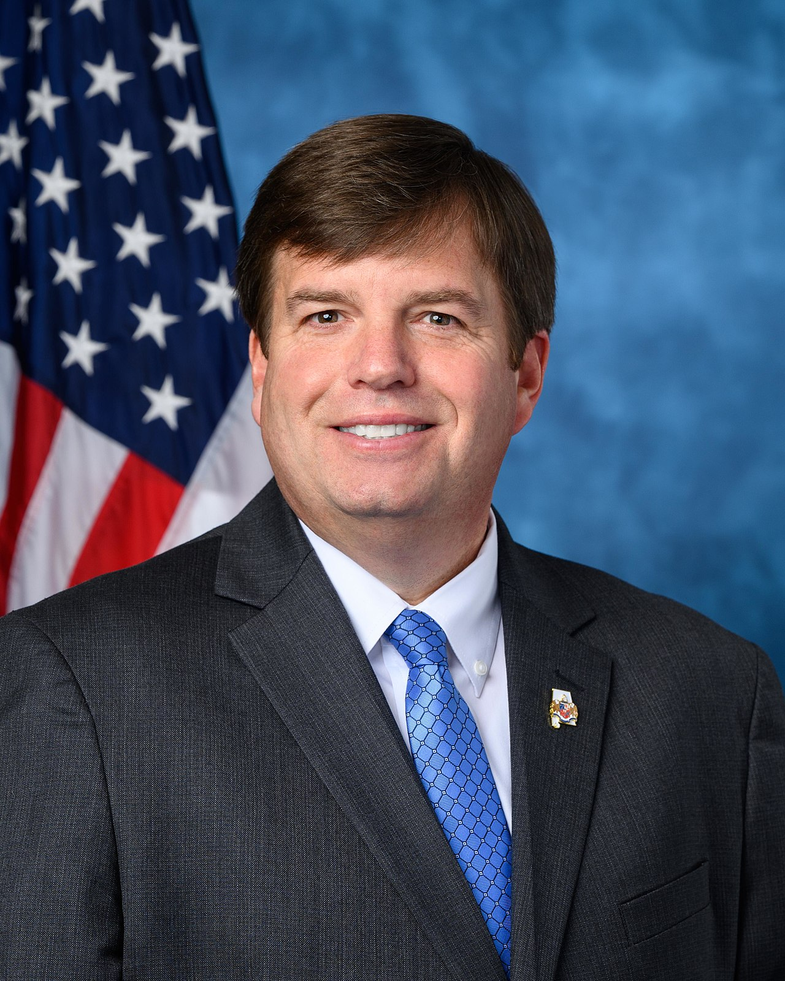
Co-Sponsor
-
TrackDavid Taylor

Co-Sponsor
-
TrackClaudia Tenney
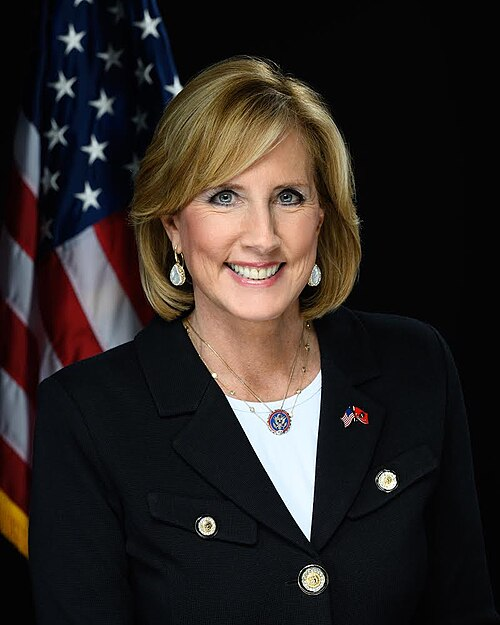
Co-Sponsor
-
TrackGlenn Thompson
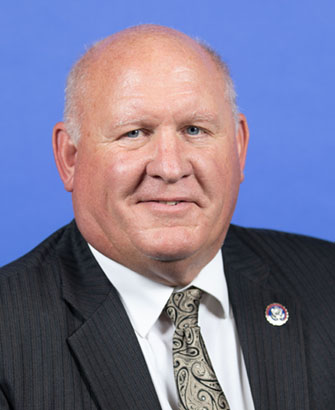
Co-Sponsor
-
TrackDavid G. Valadao
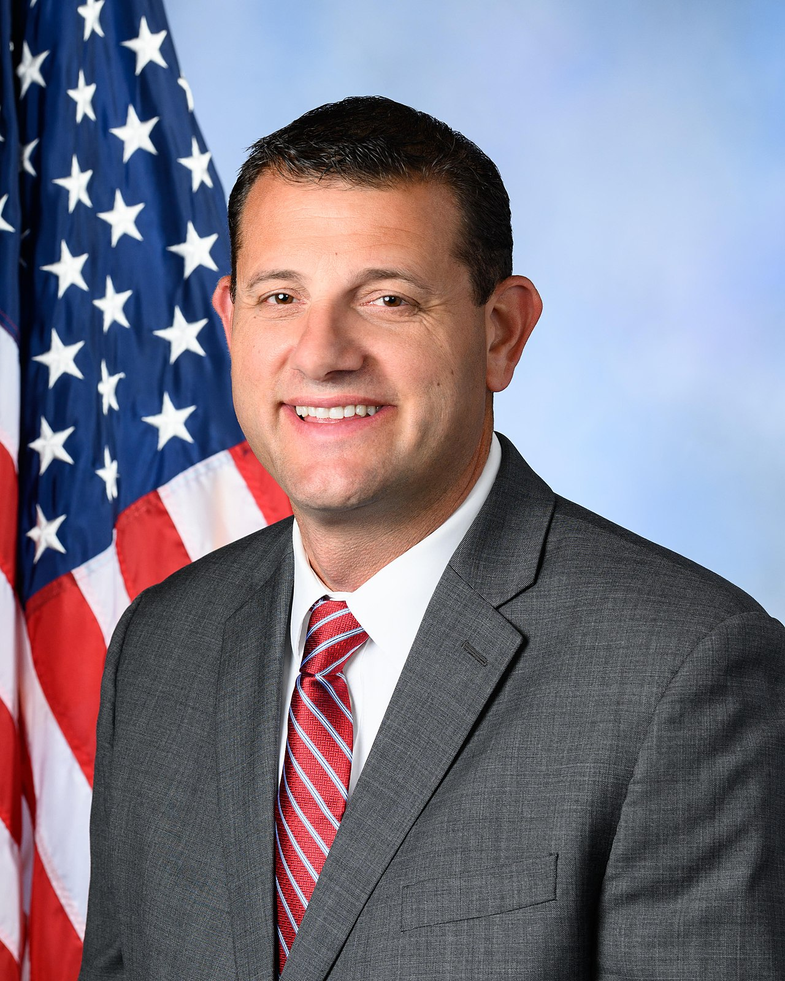
Co-Sponsor
-
TrackBeth Van Duyne
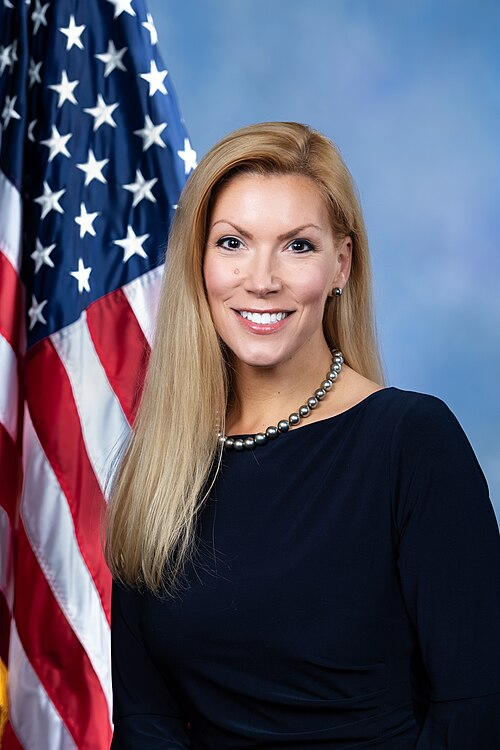
Co-Sponsor
-
TrackDerrick Van Orden
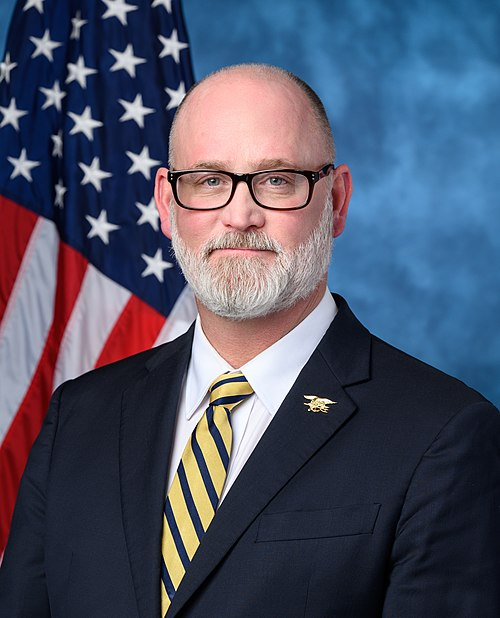
Co-Sponsor
-
TrackDaniel Webster
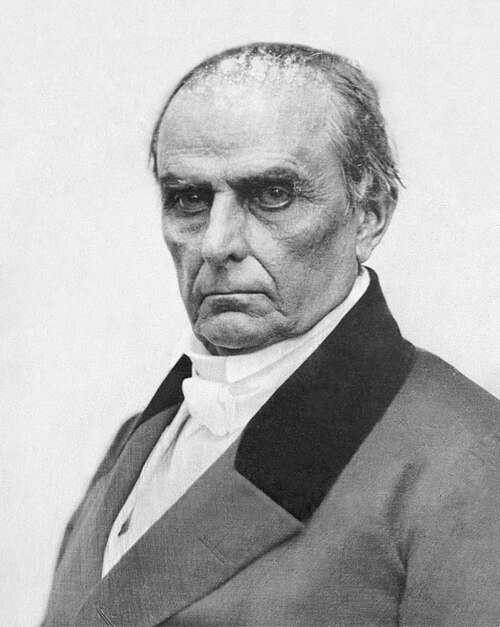
Co-Sponsor
-
TrackTony Wied
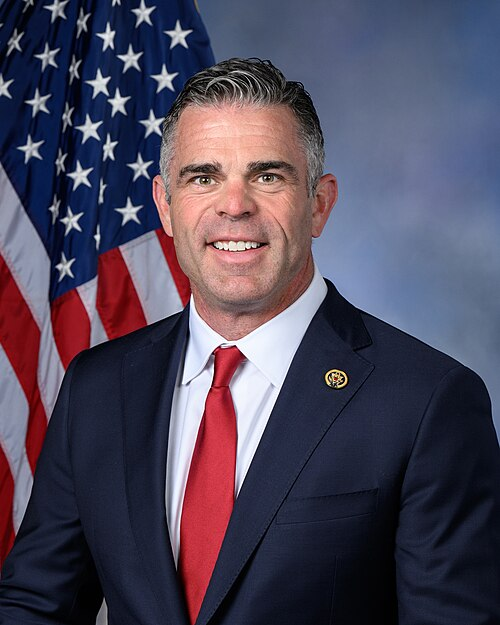
Co-Sponsor
-
TrackRoger Williams

Co-Sponsor
-
TrackRudy Yakym III
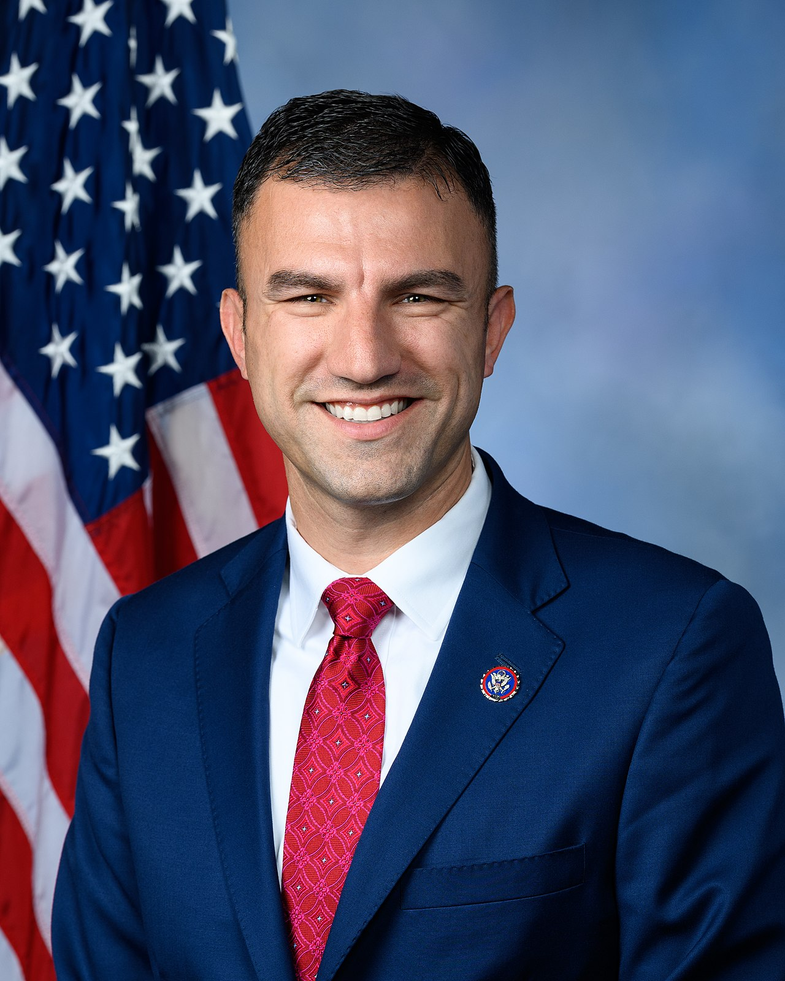
Co-Sponsor
Actions
2 actions
| Date | Action |
|---|---|
| Sep. 10, 2025 | Introduced in House |
| Sep. 10, 2025 | Referred to the House Committee on Education and Workforce. |
Corporate Lobbying
4 companies lobbying
















